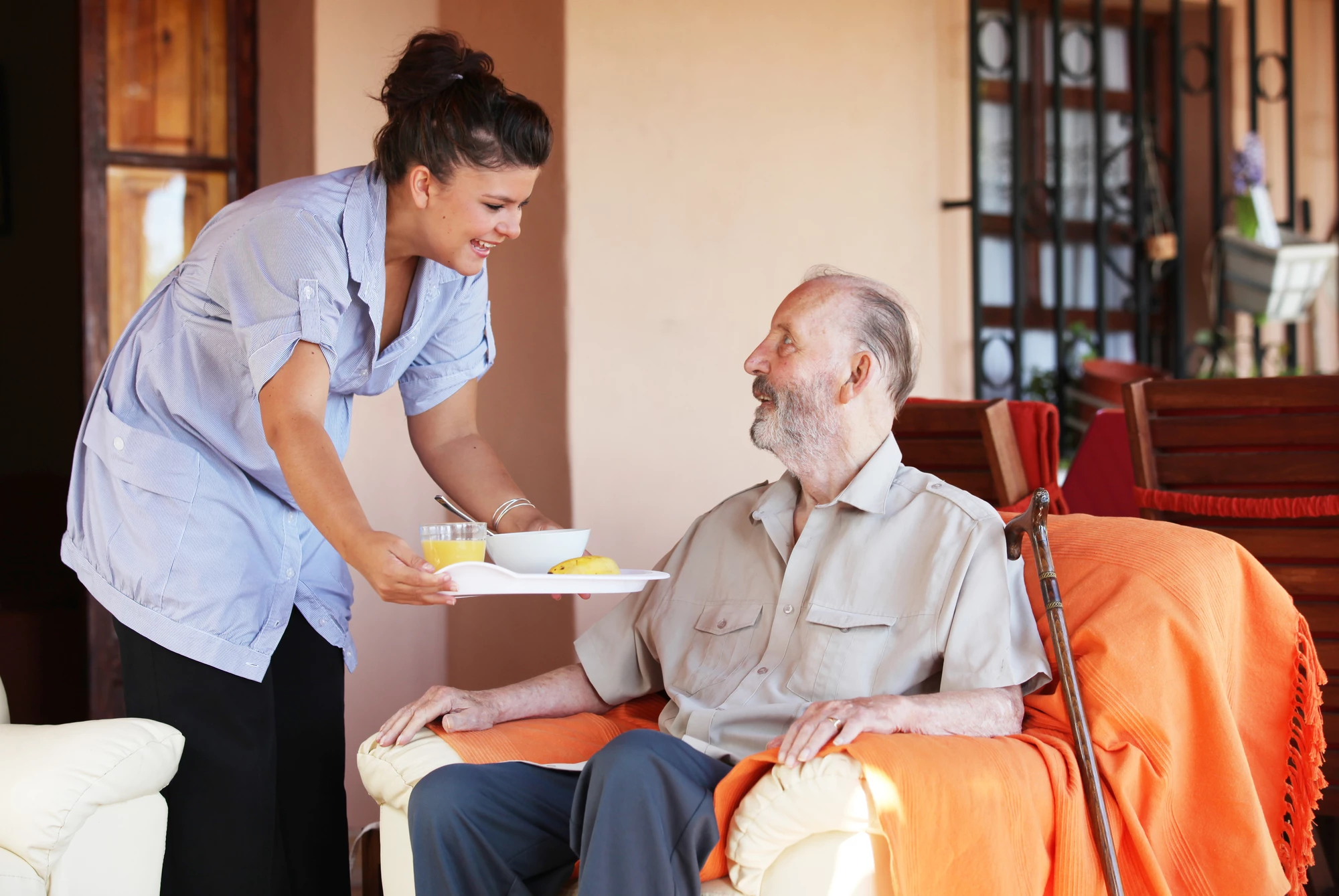Malnutrition is a common problem at long-term care homes, as many residents simply don't eat all the food which is served to them. An experimental new AI-based system is designed to help, by analyzing images of their plates.
The technology is currently being developed via a partnership between Canada's University of Waterloo, Schlegel-UW Research Institute for Aging, and University Health Network.
Putting it simply, the system compares photos of platefuls of food. One photo is taken before the meal is served, while the other is taken once the resident has finished eating – ideally, those images could be obtained by staff via a tablet.
Because the software utilized by the system is linked to the care home's recipes and meal plans, it already knows the type and the nutritional value of the foods included in each particular meal. By analyzing factors such as the color and depth of the food that's left on the plate, it is therefore able to determine how much of each food type was consumed, and thus how much nutrition the resident received.
If it's found that the resident has an insufficient or nutritionally unbalanced diet, caregivers will be notified.
And while staff at care homes do already estimate food consumption by manually checking how much food is left on plates, the scientists state that such methodology has been shown to have an error rate of at least 50 percent. By contrast, the AI-based system is claimed to be accurate to within 5 percent.
A paper on the study, which is being led by Waterloo researchers Kaylen Pfisterer and Robert Amelard, was recently published in the journal Scientific Reports.
Source: University of Waterloo




